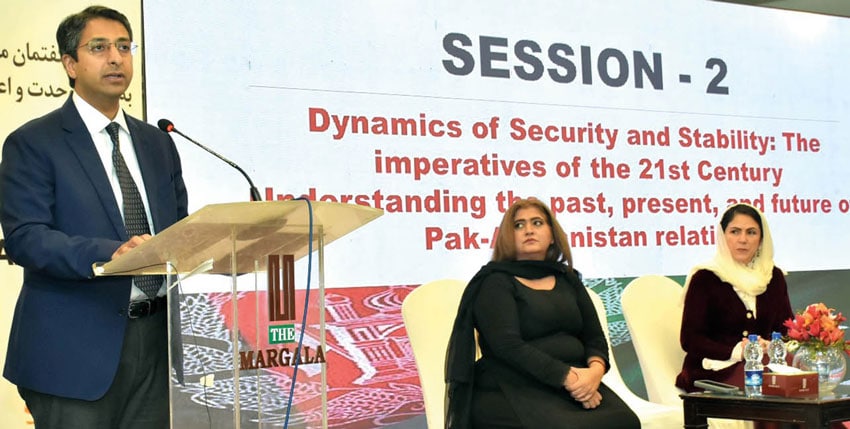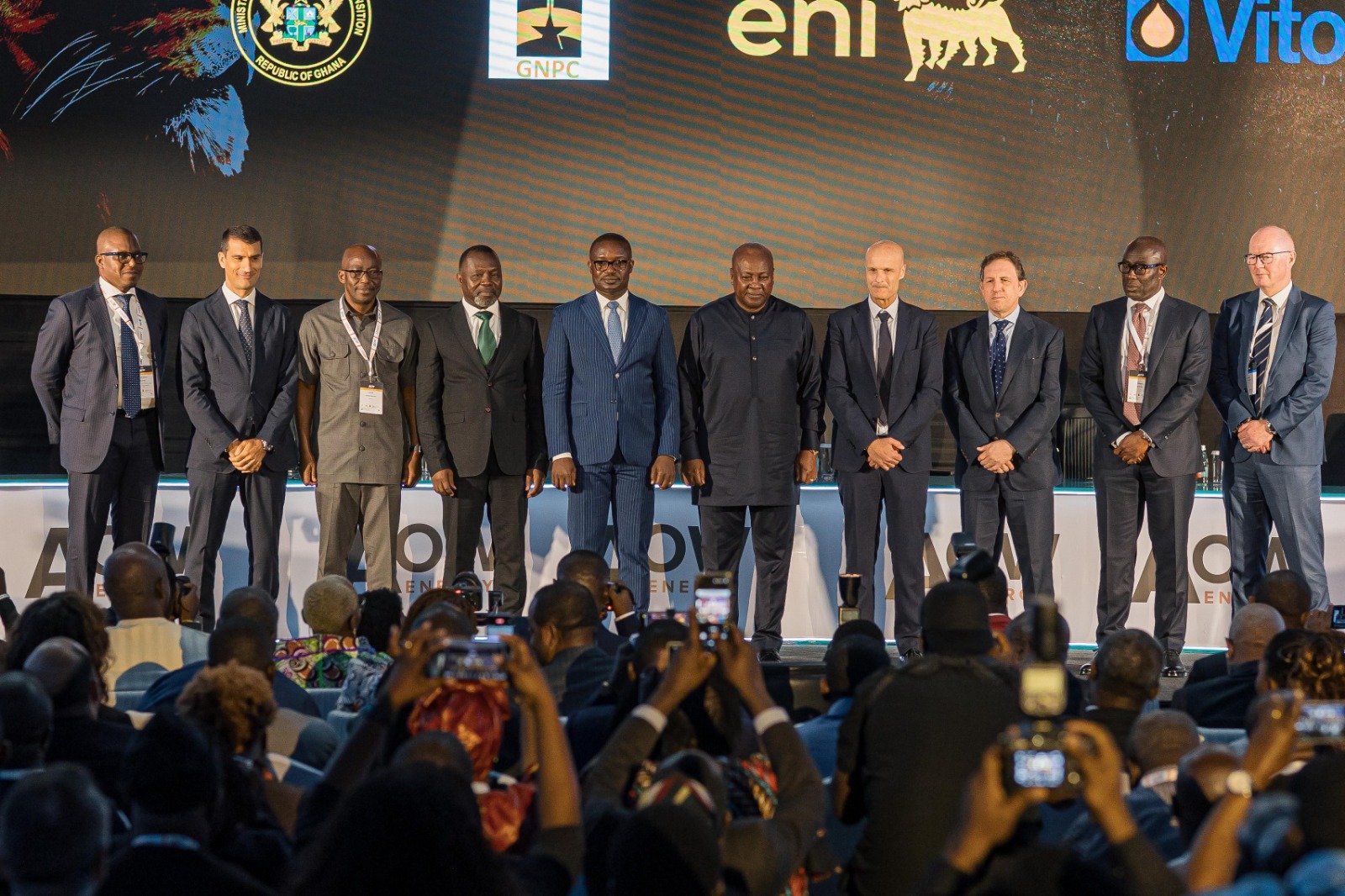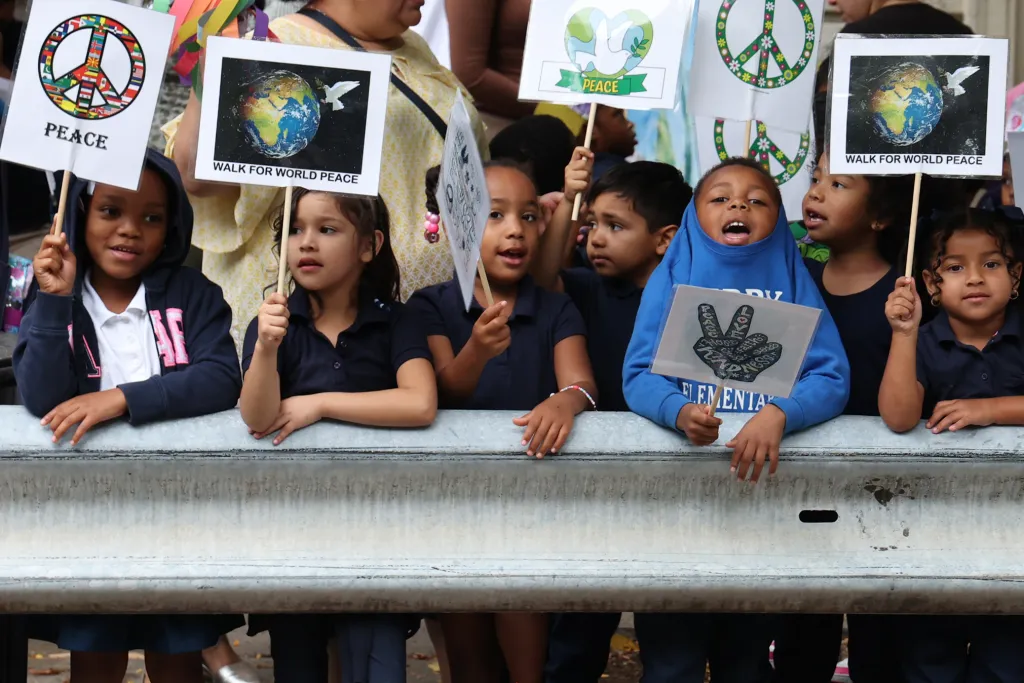Pak-Afghan members of academia, parliament, civil society attend first regional forum by SASSI, WFA
By Zubair Qureshi
Copyright pakobserver

People-to-people linkages to boost prospects of peace, prosperity in region: Ihsaan
Experts from diverse backgrounds, representing different ethnic communities and nationalities of Afghanistan, representatives of think tanks, parliament and civil society along with their Pakistani counterparts were unanimous in giving dialogue a chance among the rival factions and groups in Afghanistan and called for addressing the root cause of backwardness in the region i.e. absence of a people representative government in Afghanistan.
They also blamed lack of equal opportunities for women and their participation in social and economic uplift of the country. They were addressing the first session of the concluding day of the two-day regional dialogue titled “Towards Unity and Trust” which was jointly organized by Women for Afghanistan (WFA) and the South Asian Strategic Stability Institute, (SASSI).
Coordinator to Prime Minister on Commerce, Rana Ihsaan Afzal Khan was the Chief Guest on the occasion while one could see a galaxy of speakers and attendees from both countries sharing their thoughts on this first ever regional dialogue on this subject.
A good number of Afghan women representing its various regions and provinces were also among the participants that helped the audience understand better what kind of challenges women are facing under the Taliban rule since August 2021 when they took over Kabul. Rana Ihsaan Afzal Khan called for revival of cultural diplomacy to address mistrust between the two countries. Our people, he said, share a number of commonalities like common language, common values, customs, religion, history, etc and it is time we should engage in a meaningful dialogue and restore people-to-people linkages for a better future for our children. He referred to Bamiyaan and Gandhara linkages that both the countries share, trade route linking Pakistan and Afghanistan with Central Asia with Gwadar Port. If peace prevails, I have no doubt the who region and the populations of the two countries would hugely benefit from it, he said. In order to bring the people of the two countries closer together, Urdu language should be taught in Afghanistan’s educational institutes and likewise Afghan language Dari and Pushto should be taught in our colleges and universities, he suggested. He also acknowledged SASSI’s Chairperson Dr Maria Sultan and WFA’s President and former Member Parliament Fawzia Koofi for organizing the regional dialogue on a very important subject that relates to the lives and livelihoods of millions of people.
Earlier in her welcome address, Dr Maria Sultan underscored the risks, challenges and opportunities alongside the foreign forces’ involvement in the region. The US forces, she said, before departing left behind huge cache of weapons (worth US$7.12 billion) that continues to pose serious threat to the prospects of peace in the region. We are living in an age of modern warfare and such kind of live and advanced weaponry inside Afghanistan is a serious destabilizing factor, she cautioned. Afghanistan, she said has suffered from decades of war and terrorism and it is time to see how things turn for a secure and better future. She also called for seeing the Afghan transit trade afresh.
Former MP of Afghanistan and WFA’s President Fawzia Koofi shared women’s particularly young girls’ ordeal. Disconnecting women from education, Internet means disconnecting them form the world, from a better living. People thing women are living in Afghanistan but in fact, they are not living, she stressed. It is time to end blame game and foster unity among us for the future generation of Afghanistan, she said.
Ambassador and Permanent Representative of Afghanistan to the UN in Geneva, Dr Nasir Andisha called for building bridges and encouraging dialogues so that a peaceful solution to the conflict could be achieved. He stressed for mutual initiatives to bridge the differences and adopt people centric approach for peace and prosperity of the region. Former Governor of Kabul Ahmadullah Alizai termed extremism the real challenge that the Afghan society was facing. We are two countries but one people, he said reaffirming his belief in warm and friendly relations with Pakistan. Gen (R) Tahir Rashid Khan proposed the ASEAN model for moving forward on the path of prosperity and peace. There are a number of countries within ASEAN that have strong differences rather harbour hostility against each other but they work together for the cause of ASEAN and the region’s stability and prosperity, he said. Assist Professor at Suleyman Demirel University, Isparta Dr Aliye Yilmiz said Pakistan and Afghanistan had security-oriented relations which needed to be redefined. Religious seminaries unfortunately have become nurseries of terrorism and action should be taken to purge them of all such extremist syllabus. Professor Emeritus QAU, Dr Rasul Baksh Rais, former Ambassador Syed Abrar Hussain, former Chairperson of the National Security Committee of the Afghan Parliament, Khan Aga Rezai, former Air Marshal Amir Masood, CEO and Board Member of the Research Institute “Afghanistan Human Capital Foundation” Shafiqullah Rahmanzai and Maj Gen (R) Zia Ur Rehman also spoke on the occasion and discussed various issues conforming the Afghan nation at length. Former Minister for Economy Afghanistan Dr Mustafa Mastoor, Special Adviser for CPEC Hassan Daud Butt, Adviser to National Islamic Movement of Afghanistan Party, Feridun Ilham and former Pakistan ambassador to China Naghmana Hashmi also participated in the session ‘Economic Connectivity & Transit and Trade Facilitation: Unlocking potential through trade route, business collaboration and people-centric Growth.’



